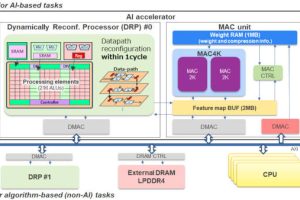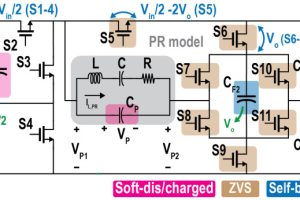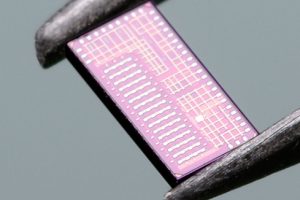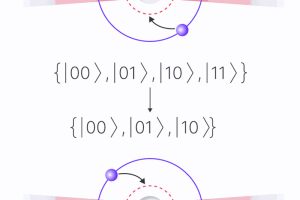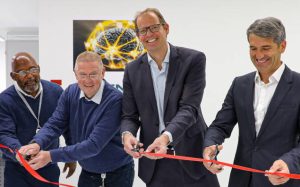
Established near Munich, its objectives are to develop and test support ICs for ion trap quantum computers, and to develop AI algorithms for the early detection of variances in power systems.
~20 researchers will be employed, and the lab has a cryostat for research down to 4K (-269°C).
One research area at the lab, in Oberhaching, will be optical detectors for reading out the quantum states of the ions.
The aim is for developed support electronic to be integrated with ion traps to form a quantum processing unit.
“This is a prerequisite for making quantum computing scalable and useable,” said Infineon general manager of power systems Richard Kuncic. “Thanks to their computing power, quantum computers will revolutionise many applications but, before [that], quantum computers will have to be industrialised.”
It will work with ion trap specialists at Infineon’s quantum laboratory in Villach, and with silicon and superconductor qubits researches at sites in Dresden and Regensburg.
Power semiconductors
The Oberhaching lab will also develop AI algorithms for predicting aging and failure of power electronics.
“This calls not only for the development of the necessary algorithms, [but] practical measurements will have to establish the data basis for training neural networks and verifying their behavior,” said the company. “This will help better estimate the service life of power converters and will aid in detection of anomalies. These insights are important for effective proactive maintenance.”
Photo (l to r) head of power R&D Chuck Spinner, head of R&D Hartmut Hiller, president of power systems Adam White and head of power systems Richard Kuncic.
 Electronics Weekly Electronics Design & Components Tech News
Electronics Weekly Electronics Design & Components Tech News
